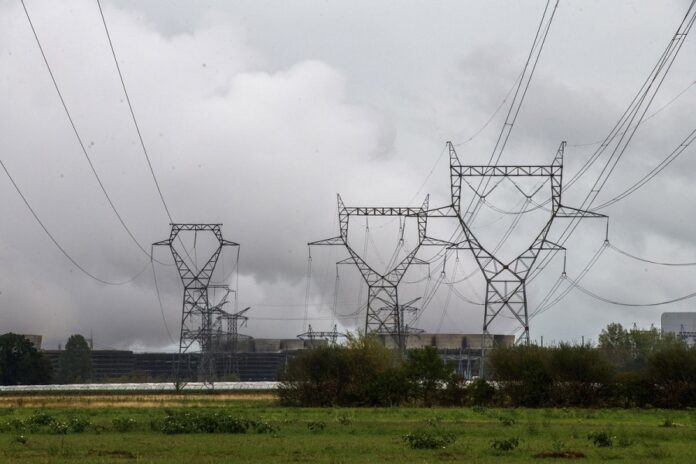The European Union’s executive branch will lay out a plan to digitalize its energy grid as it seeks to spur the rollout of renewables to reduce its dependence on Russian fuel, Bloomberg reports.
The “Digitalizing the Energy System” action plan, to be unveiled by the European Commission next week, will require a €565 billion investment in infrastructure by the end of the decade to achieve its green plans and end reliance on Russia, according to a draft document seen by Bloomberg News.
Under the proposal, the bloc seeks to promote the sharing of data on electricity use starting in 2024 to help boost flexibility in the region’s energy markets, for example by allowing solar panels and electric vehicles to put power back into the network.
The region needs to install solar panels on the roofs of all commercial and public buildings by 2027 and on all new residential buildings by 2029. The document also calls for 10 million heat pumps to be installed over the next 5 years and to get 30 million zero-emission vehicles on the road by 2030.
“The Russian invasion of Ukraine and current high energy prices have only increased the need and speed to ensure that the EU increases both its independence from Russian fossil fuel imports and its strategic sovereignty and security in creating a digital energy system,” the action plan, which is still subject to change, said.
The plan will be the latest in a raft of measures the EU has put forward to wean itself off Russian gas and speed up the transition to renewable energy.
The commission is also set to publish a document on September 28 detailing steps to ease volatility and increase trading volume in energy markets after surging prices led to ballooning margin calls, in addition to measures the bloc could take to reduce fuel prices, according to EU diplomats.
On September 30 energy ministers are scheduled to debate proposals to impose a windfall levy on low-cost power producers and cut demand for electricity, especially during peak hours.
The EU by March will set up a group tasked with boosting data sharing on energy between member states and companies. The bloc will also support transmission system operators to create a “digital twin” of the electricity grid, which will help boost its efficiency.


